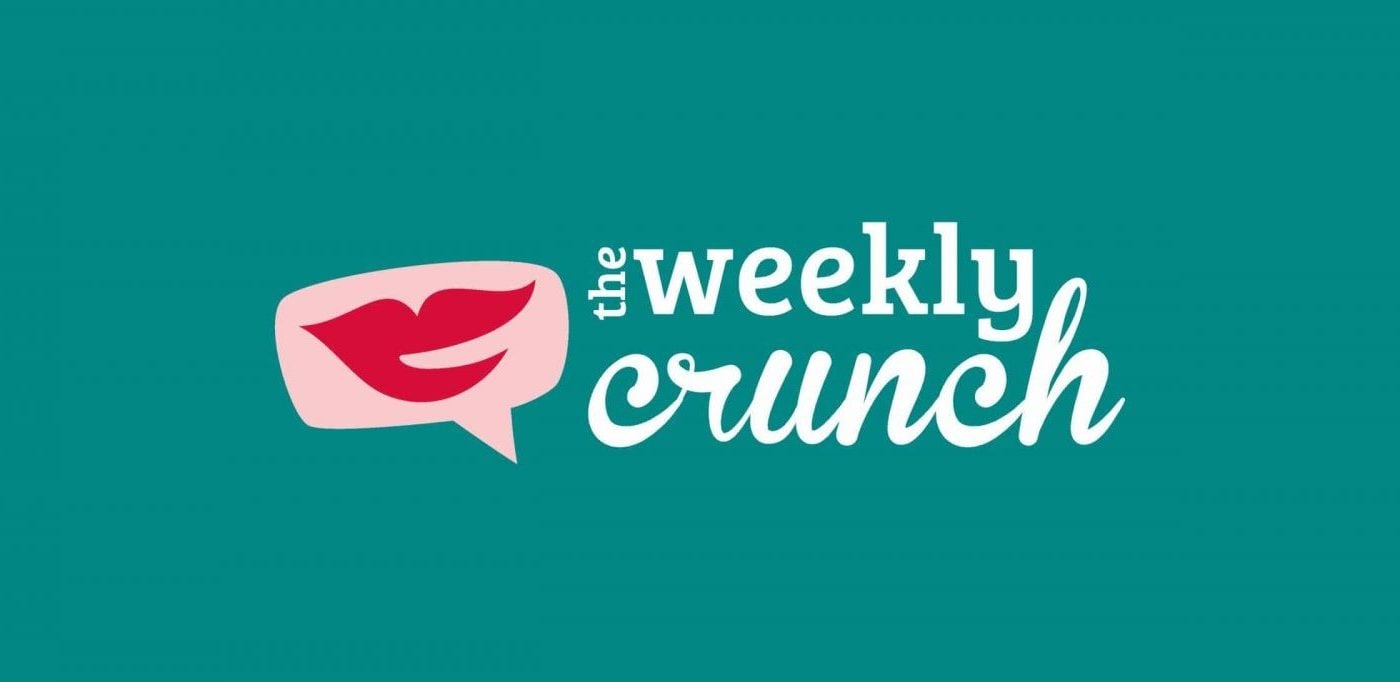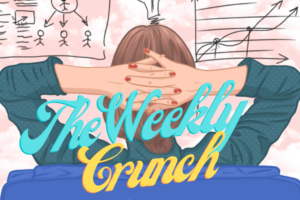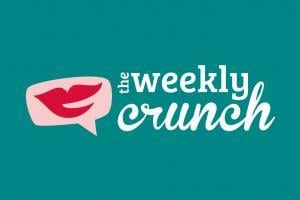The Novel Cure, How Books Can Save Your life
Have you ever heard about Bibliotherapy? It’s a practice Ella Berthoud and Susan Elderkin know very well. “It’s the art of recommending fiction for life’s ailments”, they say in their book The Novel Cure, An A-Z of Literary remedies. According to the authors, who also share their bibliotherapy service at The School of Life in London: “a novel can change your life especially when it is read at the right moment”.
Basically, prescribing books is a way for readers to inhabit the psyche of the main protagonist and escape their own: whether you have a stubbed toe or a severe case of the blues, within these pages you’ll find a cure in the form of a novel to help ease your pain. “It’s a very different experience to reading a self-help book- says Ella Berthoud-.Novels talk to your unconscious mind as you embody the characters that you are reading about. It’s a different experience to reading a self-help book which talks to your conscious mind”.
Book prescriptions might vary. From Emily Bronte to re-boot your Broken Heart to Hemingway for your headache, there is always a solution. “If you are feeling a little feeble or on the fence, read a book filled with feisty heroes. It might make you feel ready to tackle life’s difficulties – suggests Ella Berthoud-. If you are struggling with shyness, then read a book with an incredibly confident character and you will feel an affinity for what it’s like not to be shy”.
Her method? Whatever your ailment, prescriptions are simple: a novel (or two), to be read at regular intervals. Some treatments will lead to a complete cure. Others will simply offer solace, showing you that you are not alone. All will offer the temporary relief of your symptoms due to the power of literature to distract and transport. Sometimes the remedy is best taken as an audiobook, or read aloud with a friend. As with all medicines, the full course of treatment should always be taken for best results.
In general, studies show reading as a form of therapy to be useful in the treatment of depression, mild alcohol abuse, anxiety, eating disorders, and communication issues. Bibliotherapy is the ancient art of book-healing, a therapeutic approach that uses literature to support good mental health is a versatile and cost-effective treatment option often adapted or used to supplement other types of therapy. Reading can benefit individuals of any age by increasing self-awareness, improving self-esteem, and aiding in the ability to face developmental crises. People in therapy for issues such as family-related challenges, post-traumatic stress, or grief might also benefit from the incorporation of books and reading activities into the approach being used.
An uplifting poem to read at times of high stress, for example, could be very helpful. It can help you escape your own world of stress and worry. ReLit, the English Foundation for Bibliotherapy, the brainchild of the Lead Practioner Paula Byrne, believes that attentive immersion in great literature can relieve, restore and reinvigorate the human mind. Over the past years, ReLit has been spreading its message about the therapeutic value of reading in a variety of ways. There have been bibliotherapy workshops in schools and prisons, and in collaboration with the University of Warwick and FutureLearn, there have been three runs, with over 40,000 participants, of a free online course entitled “Literature and Mental Health: Reading for Wellbeing.”




